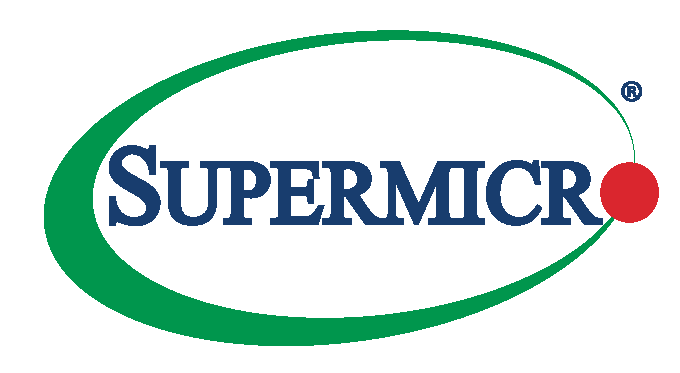Building the next generation of technical computing equipment has become easier, thanks to the combination of hardware from International Computer Concepts (ICC) and software and firmware from Define Tech Ltd. You'll find the combined technology delivering solutions like computer-aided engineering, finite element analysis, computational fluid dynamics and geologic data analysis.
Such applications depend on huge datasets and complex computational requirements. They typically rely on clusters of multi-core computers, distributed storage and high-speed networking components.
The combination is called a turnkey cluster, and it is a good description because it marks a new direction for this market segment. In the past, clustered computers required a great deal of custom assembly, matching the components for throughput and performance, plus developing special firmware and software to take advantage of these benefits. This solution from ICC and Define Tech offers a more flexible and useful approach, because it comes with software and specialized applications that are optimized for running complex engineering simulations, such as Ansys and OpenFOAM.
The applications run across a collection of CPU chipsets from AMD, including the latest version of AMD’s EPYC™ 7003 series of processors that feature high processor core counts, high memory bandwidth and support for high-speed input/output channels in a single chip. These processors feature AMD 3D V-Cache™ technology and leverage true 3D die stacking for higher L3 cache delivery, which is helpful in these circumstances.
“With this latest addition to our HPC cluster suite, we aim to provide our customers an easy-to-use, cost-effective, AI-optimized solution made specifically for simulation-driven engineering workloads,” said ICC’s Director of Development, Alexey Stolyar.
For more on this, see ICC's project document as well as Define Tech’s explanatory page.



